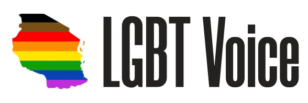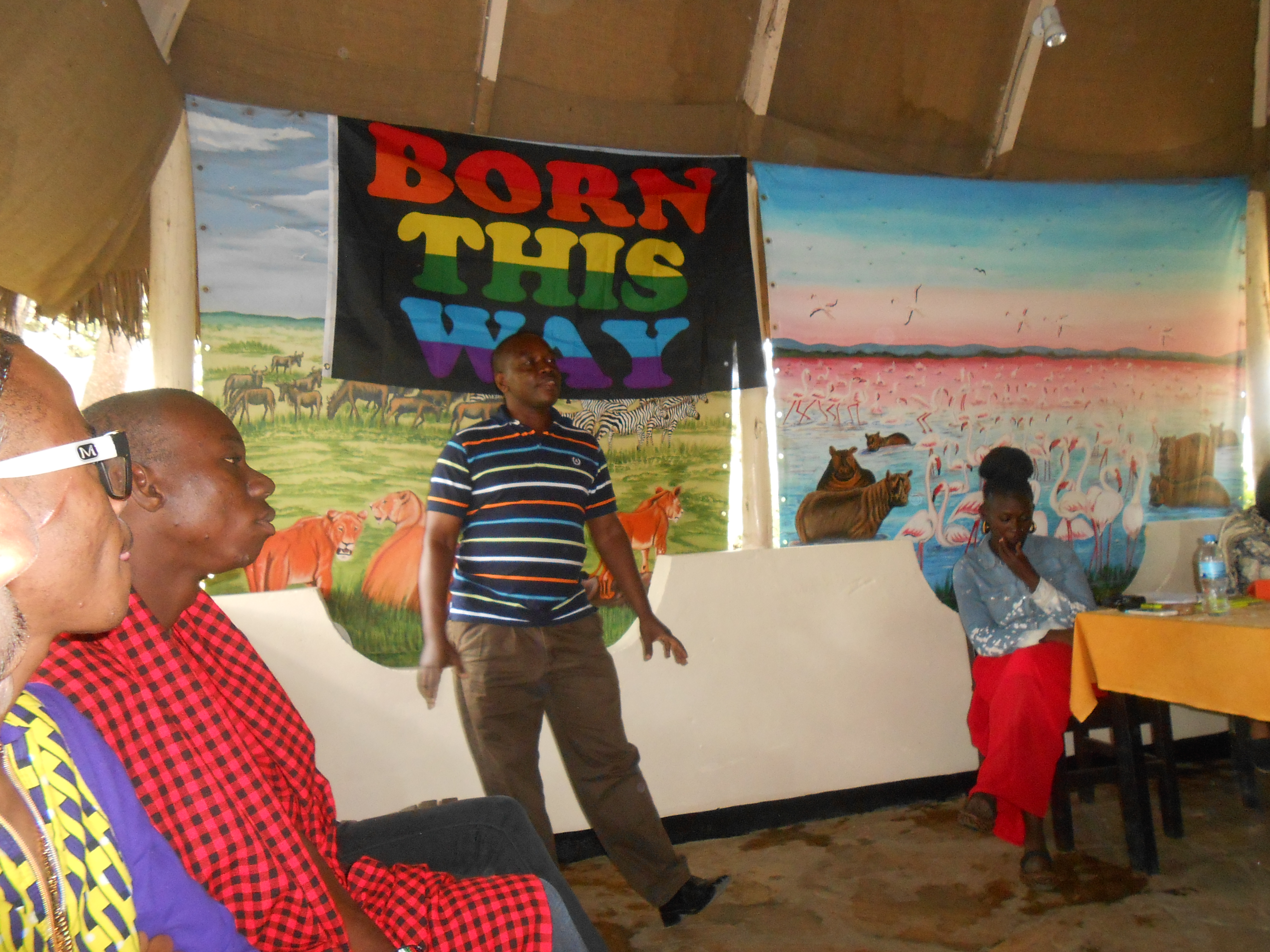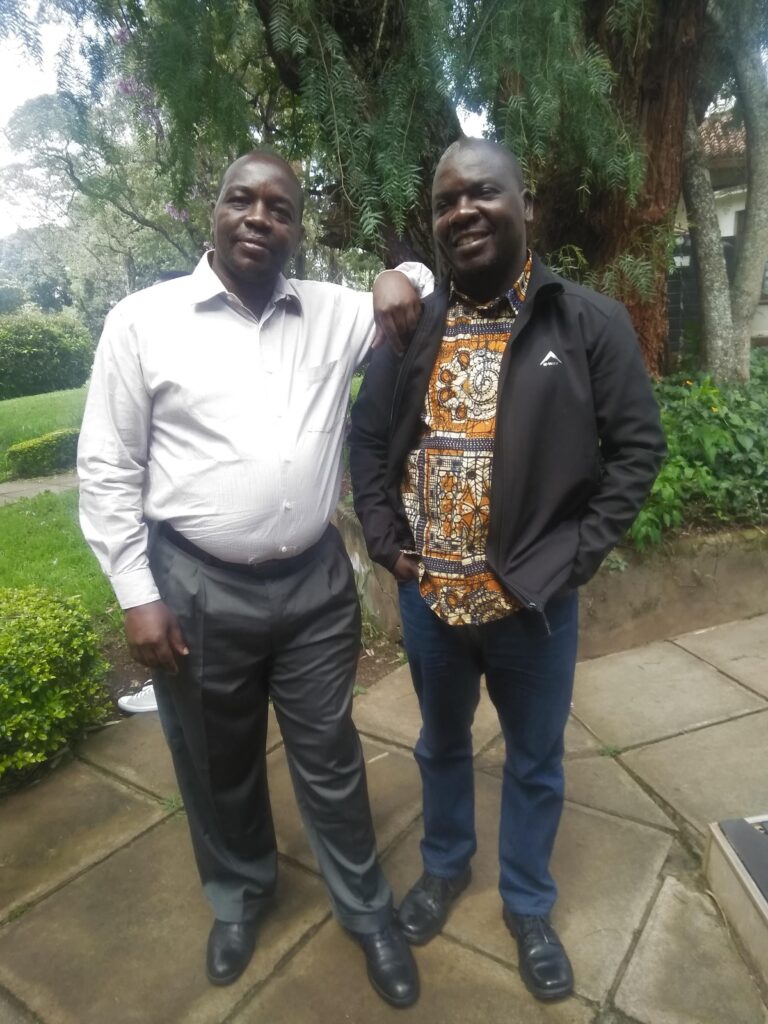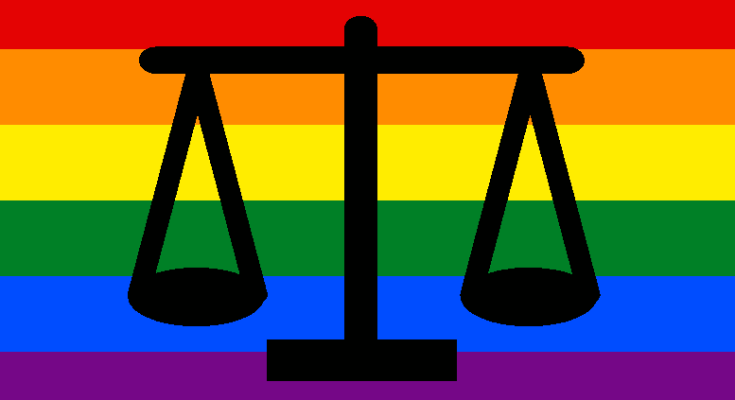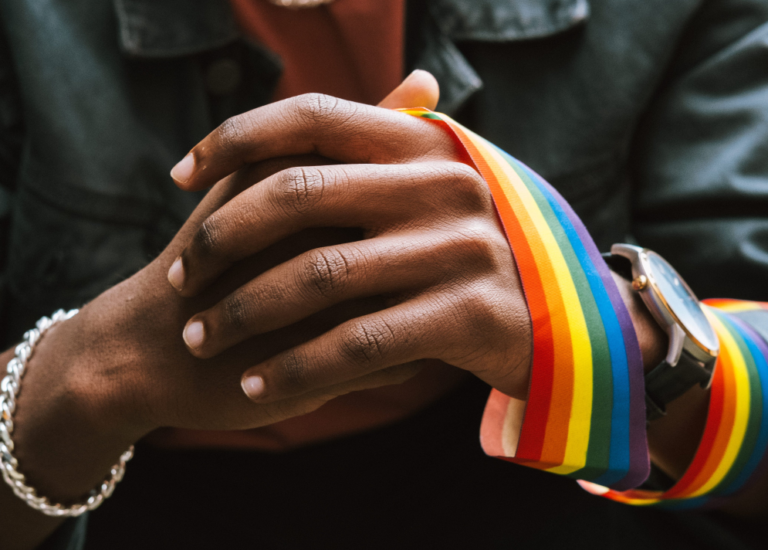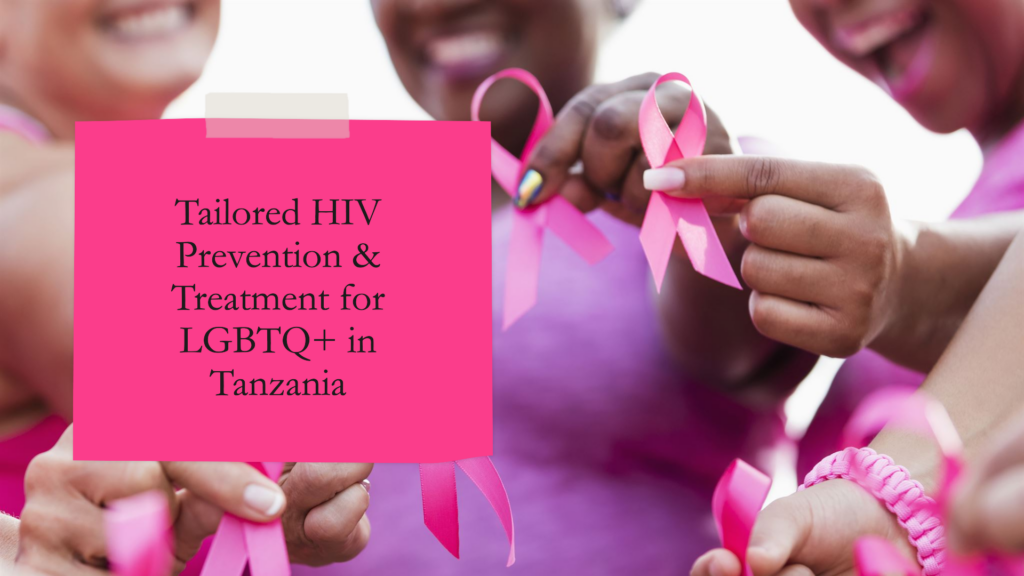
In order to improve the accessibility of HIV prevention and treatment services for the LGBTQ Community in Tanzania, it is crucial to implement targeted strategies that address the specific needs and obstacles faced by this marginalized group. This involves the provision of culturally sensitive healthcare services that are respectful of the diversity within the LGBTQ community. For instance, healthcare providers should undergo training to better understand the unique experiences and concerns of LGBTQ individuals, ensuring that they receive quality care without fear of discrimination.
Offering free and confidential HIV testing plays a vital role in encouraging LGBTQ community members to undergo testing without the fear of facing discrimination or judgment. By removing restrictions associated with specific labels such as MSM (men who have sex with men) and WSW (women who have sex with women), and ensuring strict privacy measures, LGBTQ individuals are more likely to actively seek out testing and medical assistance. This proactive approach not only facilitates early detection and treatment but also contributes significantly to reducing the overall transmission rates of HIV within the LGBTQ community.
Creating a safe and inclusive environment for LGBTQ individuals to access HIV testing services is essential in addressing the unique challenges this community faces. By providing non-judgmental and culturally competent care, healthcare providers can build trust and rapport with LGBTQ patients, leading to increased engagement in healthcare services. Additionally, offering testing services at LGBTQ-friendly locations such as community centers, pride events, and LGBTQ organizations can further encourage individuals to prioritize their health and well-being.
By removing obstacles to HIV testing and ensuring LGBTQ individuals are treated with confidentiality and dignity, we can empower this community to take charge of their own health and well-being. By increasing access to testing and healthcare services, we can make significant progress in lowering HIV transmission rates and enhancing the overall health outcomes of LGBTQ individuals.
Tailored HIV prevention education plays a vital role in addressing the unique challenges that LGBTQ individuals encounter in their daily lives. It is essential to provide comprehensive information on safe sexual practices that cater to a diverse range of sexual orientations and gender identities within the LGBTQ community. By customizing prevention strategies to meet the specific needs of this community, individuals are empowered to make informed decisions regarding their sexual health and reduce the risk of HIV transmission.
One effective approach to tailored HIV prevention education is the implementation of culturally competent programs that consider the social and cultural factors influencing LGBTQ individuals’ health behaviors. For instance, providing information on the importance of regular HIV testing and access to pre-exposure prophylaxis (PrEP) can significantly contribute to reducing the risk of HIV transmission among LGBTQ individuals. Additionally, addressing issues related to stigma, discrimination, and access to healthcare services is crucial in promoting HIV prevention efforts within the LGBTQ community.
Statistics show that LGBTQ individuals are disproportionately affected by HIV, with certain subgroups such as transgender women facing higher rates of HIV infection. Therefore, it is imperative to tailor prevention education to address the specific needs of these vulnerable populations. By offering resources such as support groups, counseling services, and educational materials that are inclusive and affirming of diverse sexual orientations and gender identities, we can create a more supportive environment for LGBTQ individuals to prioritize their sexual health.
Overall, by implementing these targeted efforts and creating a supportive environment for the LGBTQ community in Tanzania, we can work towards achieving greater accessibility to HIV prevention and treatment services. Through a combination of culturally competent healthcare, free testing, and tailored education, we can make significant strides in improving the health outcomes and well-being of LGBTQ individuals in the fight against HIV/AIDS.
